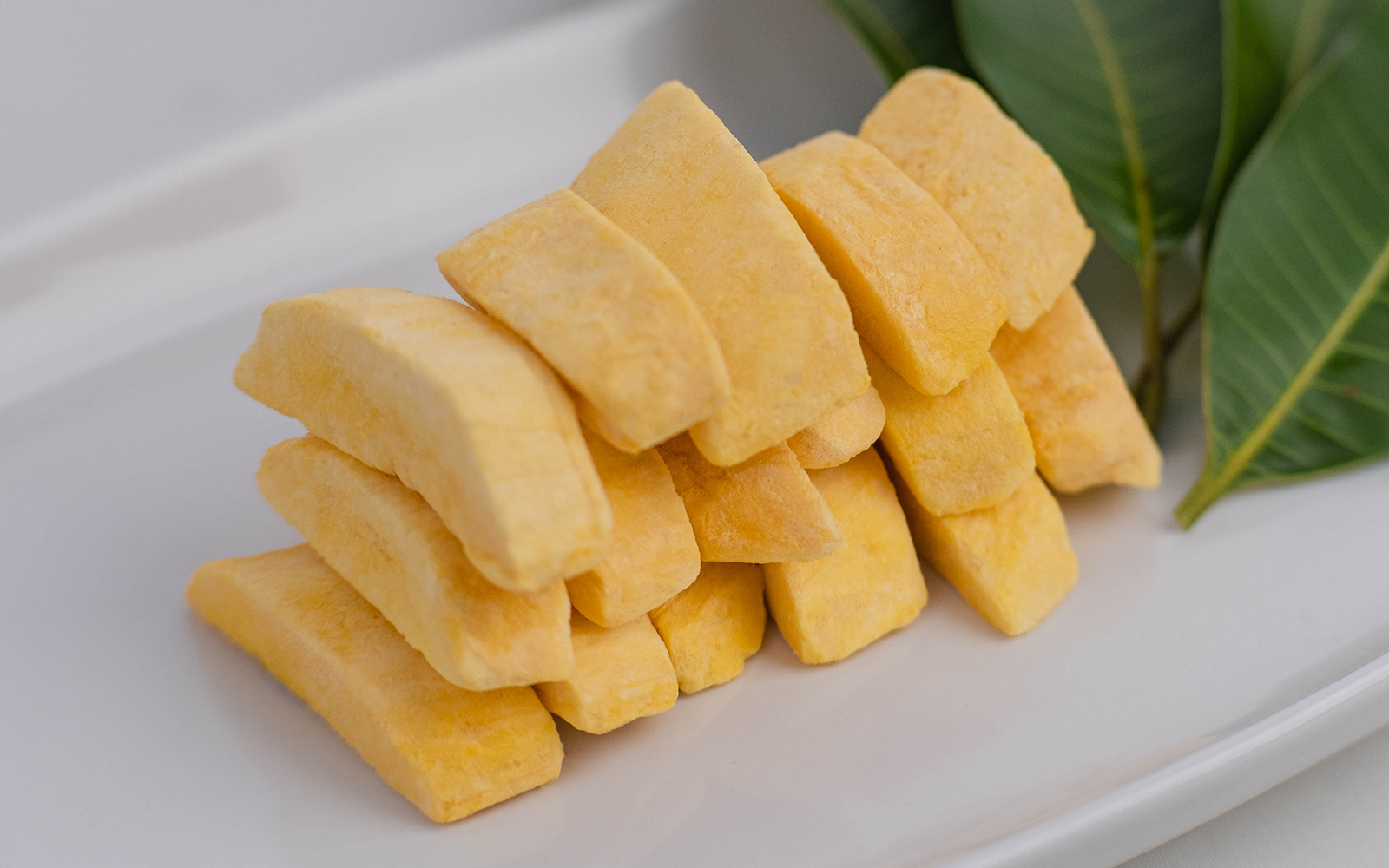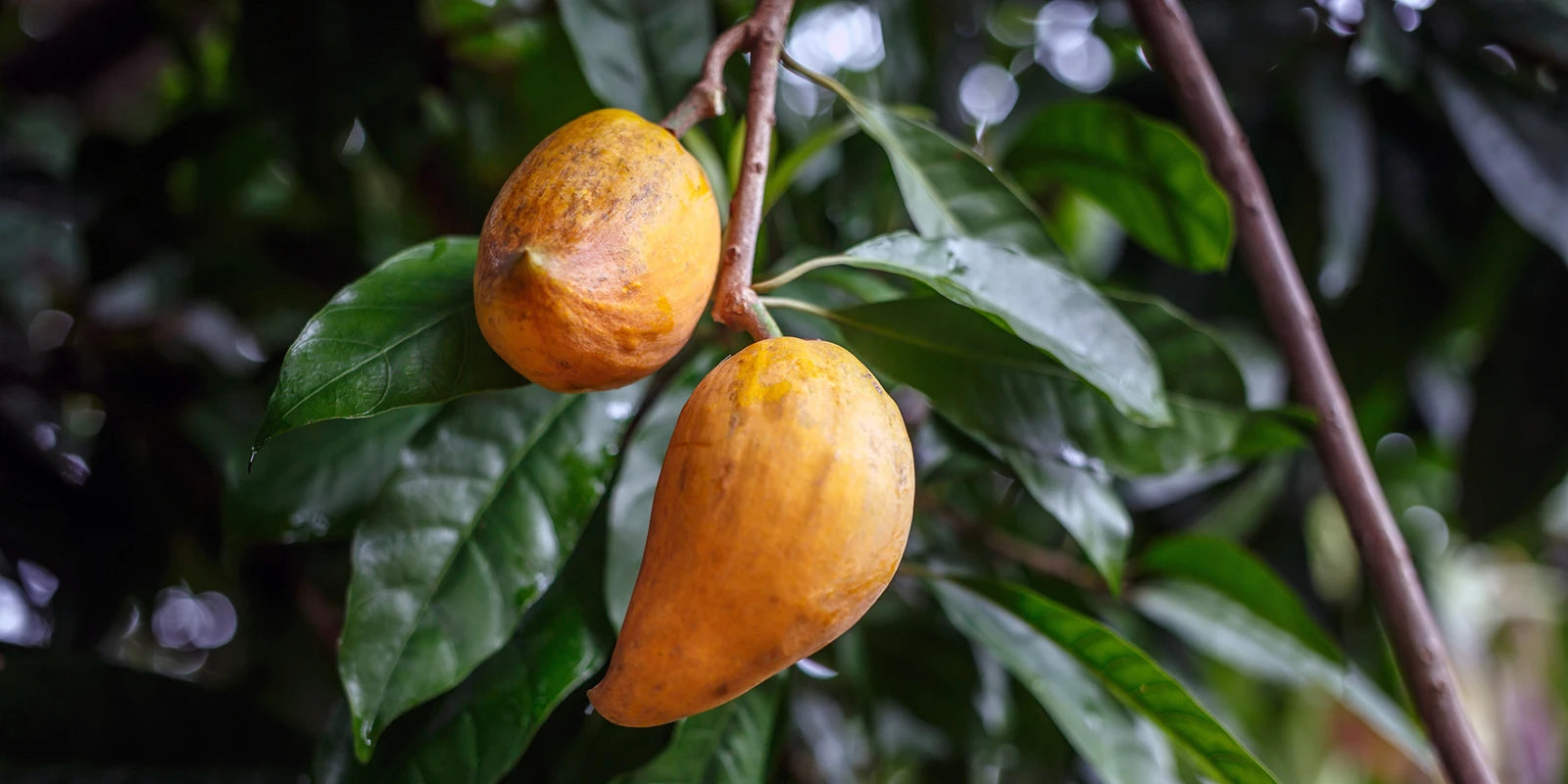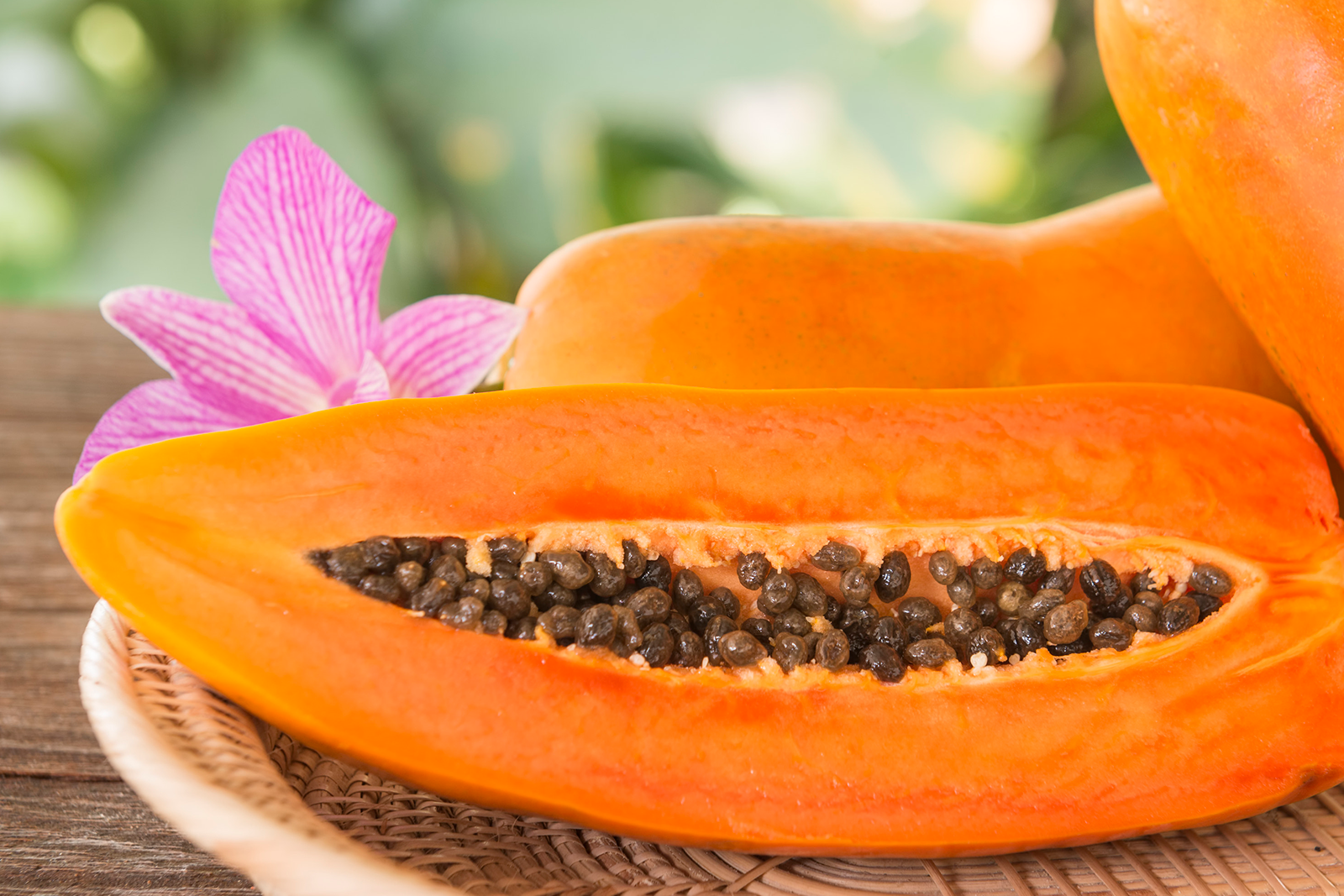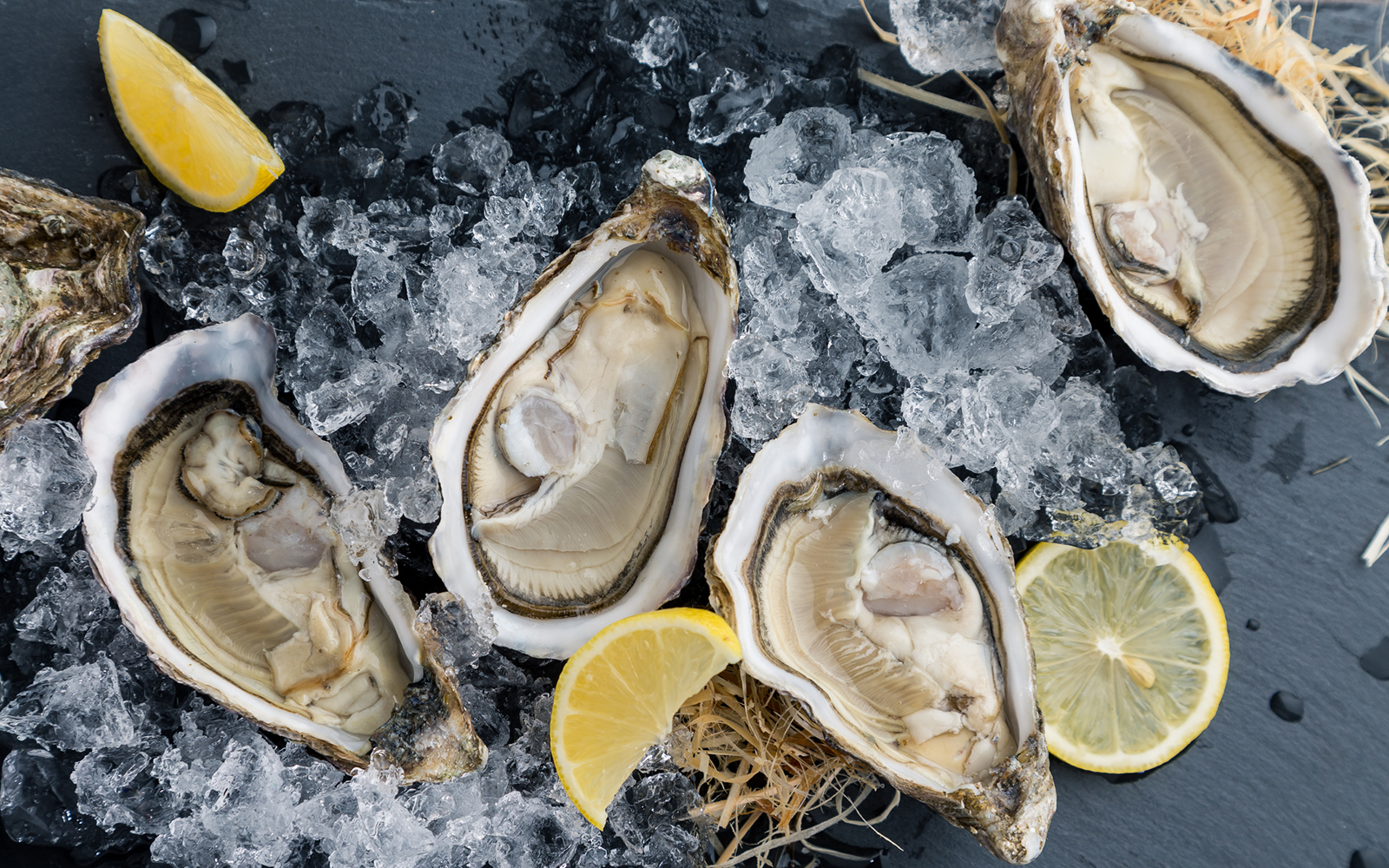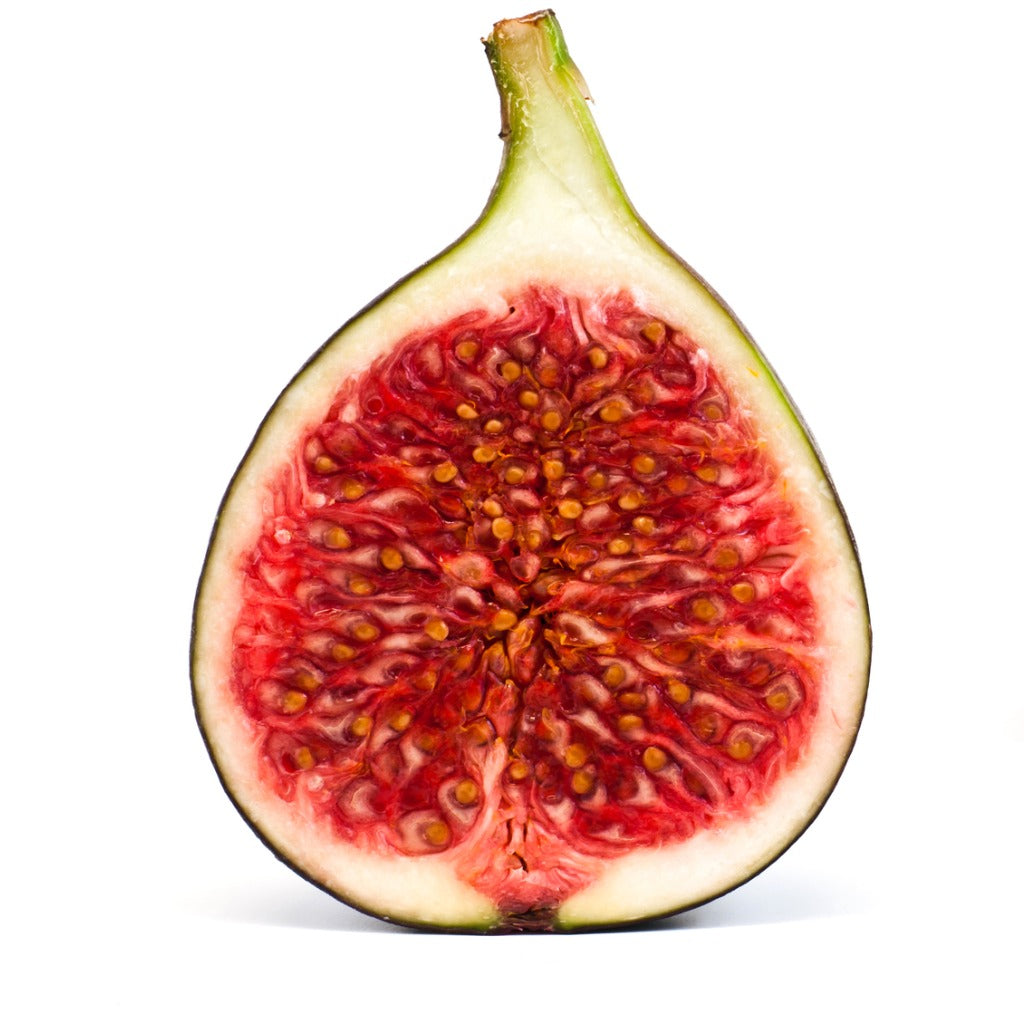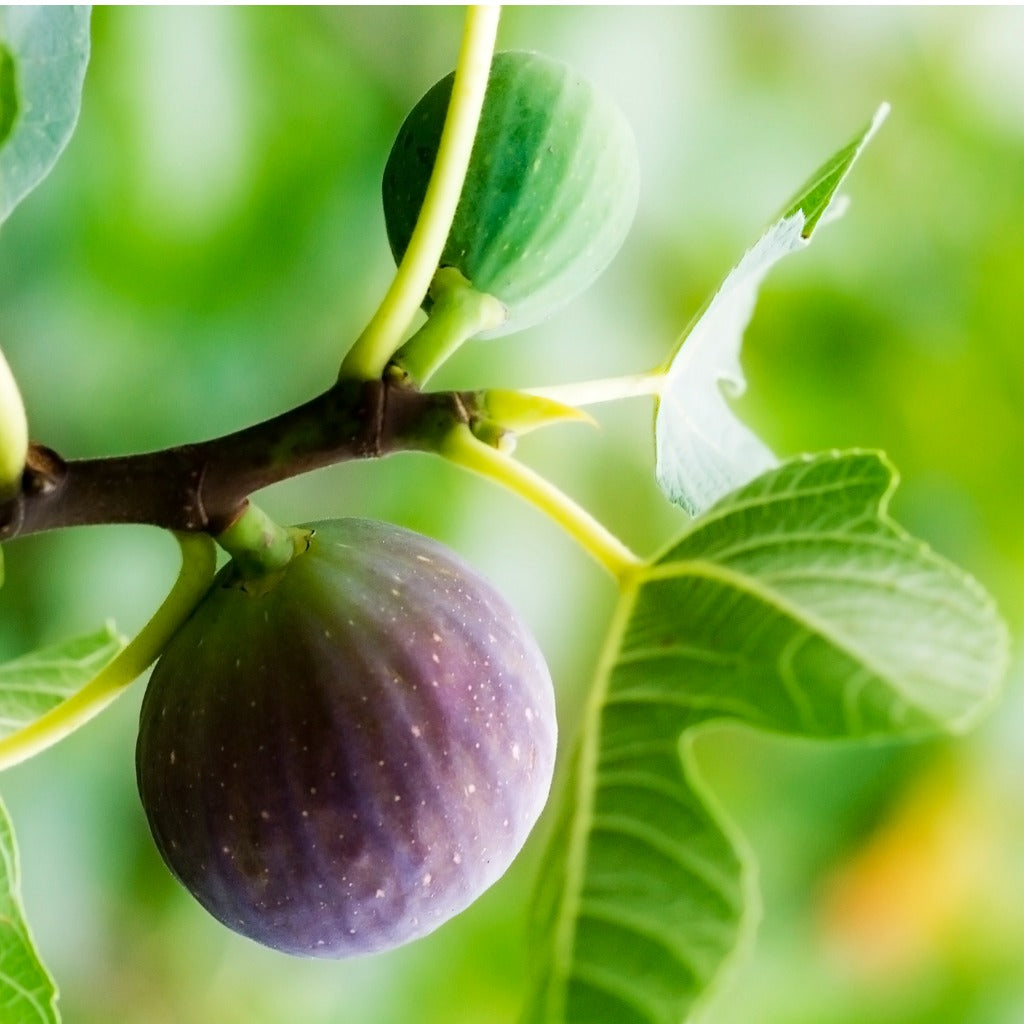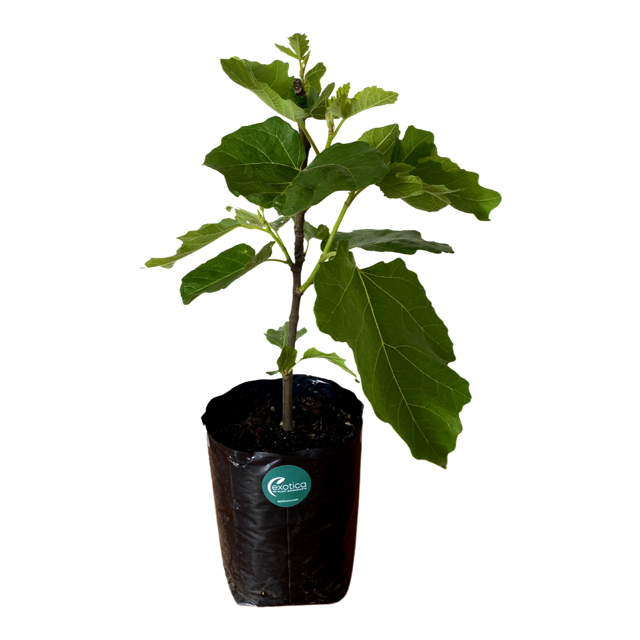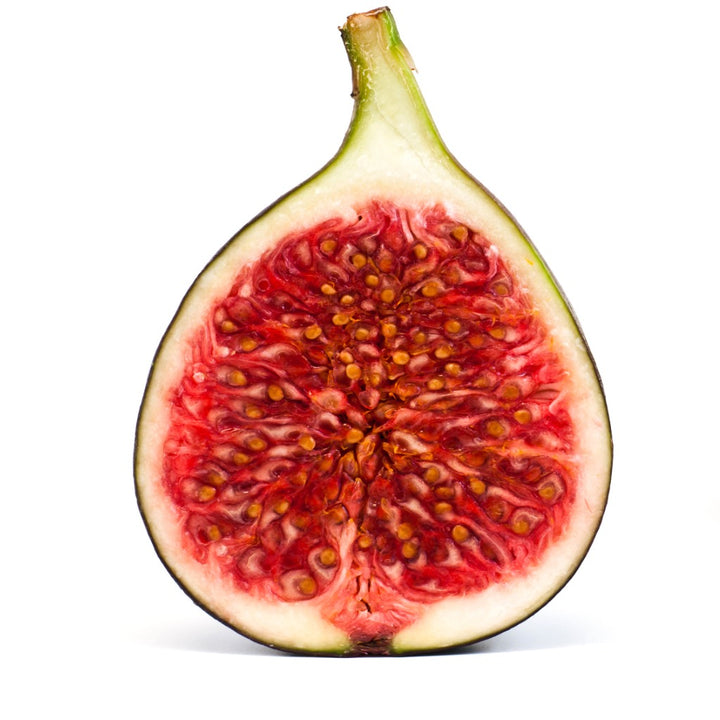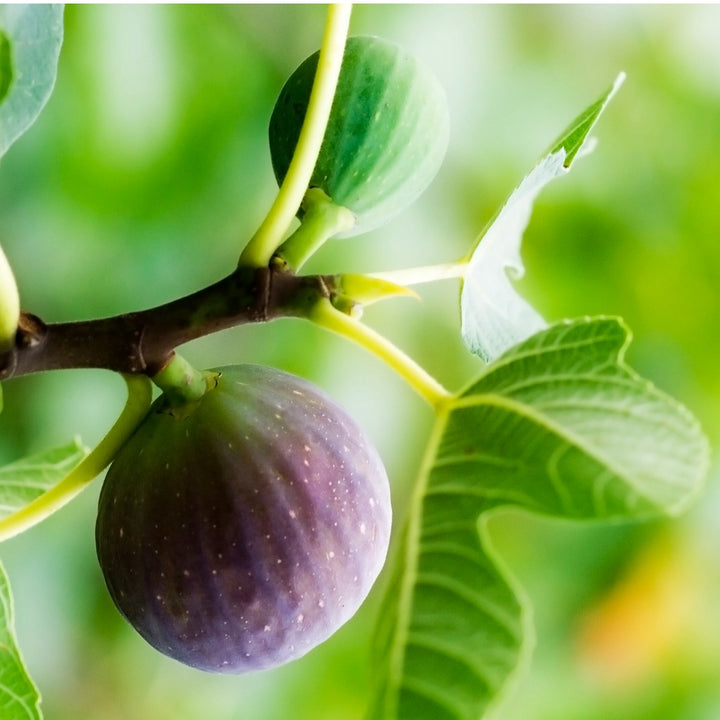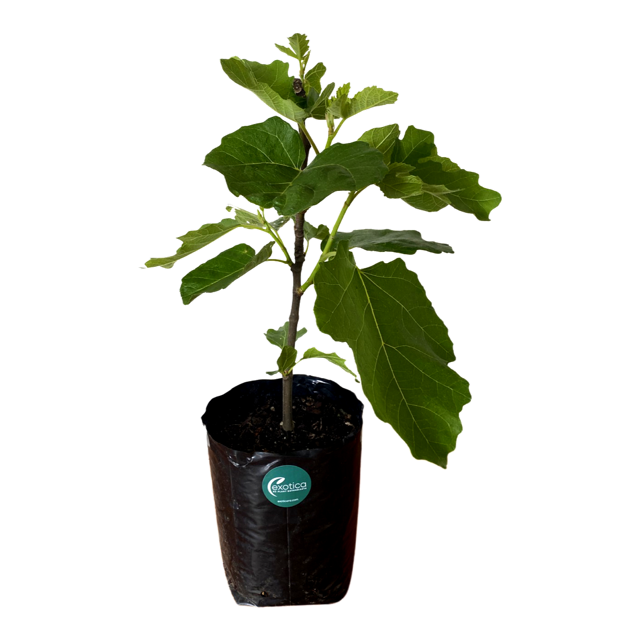Mrs Williams Fig Plant- Large & Fruiting
Mrs Williams Fig (Ficus carica)
Excellent eating, sweet and juicy with good acid balance and fine texture. Large russet golden-brown fruit and self-fertile.
Large pyriform shaped fig. Yellow neck and brown to purple skin with red flesh. Habit - Round top spreading tree. Size - 4 - 5 metres.
First crop or breba figs form on last years, growth and will not grow until spring. These ripen December- January depending on site and variety selected. Second crop figs form during the summer growing season and ripen in the Autumn, from late March to May.
Plant Care
- Soil: Figs thrive in well-drained soils, rich in organic matter, with a pH between 6.0 and 7.0. They can tolerate relatively poor soil conditions but perform best when the soil is fertile.
- Watering: Young fig trees require regular watering to establish their roots effectively. Once established, figs are relatively drought-tolerant, but consistent moisture is necessary during the growing and fruiting seasons to ensure a good crop. Avoid excessive watering, which can lead to root rot.
- Temperature: Fig trees grow well in warm and temperate climates. They can tolerate temperatures down to about -10°C for short periods, especially if the roots are well-mulched. However, prolonged exposure to cold can kill the branches and potentially the entire tree.
- Light: Figs require full sun to produce fruit effectively—aim for at least 6-8 hours of direct sunlight daily.
- Fertilising: Fertilise young fig trees with a balanced NPK fertilizer to promote healthy growth. Mature trees benefit from a lower nitrogen formula to encourage more fruit production instead of excessive leaf growth. Apply fertilizer annually in the spring.
- Pruning: Prune fig trees during the dormant season to remove any dead or diseased wood and to shape the tree. Figs produce fruit on last year's wood, so be careful not to over-prune. Light pruning can also stimulate new growth which will fruit the following season.
- Mulching: Apply a layer of organic mulch around the base of the tree to help retain soil moisture, suppress weeds, and protect the roots from extreme temperatures.
- Pest Control: Figs are susceptible to pests such as fig rust, fig beetles, and aphids. Regular monitoring and appropriate organic or chemical treatments should be used as needed.
- Flowering and Fruiting: Fig trees produce flowers inside what we see as the fruit, and these 'fruits' can appear on the tree’s current year’s growth. Some varieties produce one main crop per season, while others can produce an early crop (breba crop) on last year’s wood followed by a main crop.
- Potting: Figs are well-suited to container gardening due to their ability to thrive in confined spaces. This is especially useful in colder climates where the pots can be moved to protect the trees from freezing. Ensure that containers have good drainage.
- Feeding Regime: Enhance feeding during the early growing season by incorporating a balanced fertilizer. As the season progresses towards fruit development, switching to a phosphorus-rich fertilizer can help improve fruit quality.
We ship our plants and garden supplies throughout New Zealand. Due to the increased costs of shipping and packaging, we now apply a delivery charge. After offering free shipping for three consecutive years, we find it necessary to adjust this policy to align with current market conditions. However, we have lowered our prices to help offset this change.
Please note, we do not ship plants or garden supplies internationally from New Zealand. We do export plants and tissue culture materials from our overseas nursery, which requires a minimum order. Please contact us at hello@exoticanz.com to discuss your specific requirements.
Shipping (plants) from:
North Island Urban $25
North Island Rural $35
South Island Urban $25
South Island Rural $35
Shipping Garden Supplies:
North Island Urban $20
North Island Rural $25
South Island Urban $35
South Island Rural $45
Delivery
- Our plants are available for shipment from September to April, depending on stock levels. Typical delivery times range from 5 to 7 business days, although they can take up to 10 business days depending on the destination.
- We take extra care in packaging; most of our plants are secured in bespoke inserts and shipped in individual boxes to ensure they arrive undamaged.
- Deliveries are scheduled once a fortnight, typically on Monday. If you place your order over the weekend, we aim to dispatch your plants on the following Monday. This scheduling allows our team to prepare your order thoroughly and ensures the courier has sufficient time to deliver your plants safely, avoiding any unnecessary delays over the weekend.
- All orders are shipped via courier track and trace service (not signature required)
- We cannot deliver to PO Box addresses.
- If you have a rural address, please contact us beforehand to discuss the best delivery options and avoid any potential issues.
Additional Delivery Information
- Most plants are shipped with soil. During the cooler months, we closely monitor weather conditions and may temporarily delay shipments if the weather is particularly severe. Our packing process includes adding insulation when necessary to protect the plants against temperature extremes.
- In summer, we ensure that plants are thoroughly watered before they leave our nursery. Occasionally, we may need to ship plants bare-rooted, particularly when they cannot be comfortably re-potted into smaller packaging for shipping. We will always discuss this with you in advance if your plant needs to be shipped in this manner.
- It's important to note that shipping can be a stressful experience for plants, often due to spending several days in a dark, confined space. While most plants withstand this with little to no stress, some may experience leaf drop. However, they generally recover quickly with some additional care, including proper watering and gradual reintroduction to light after arrival.


